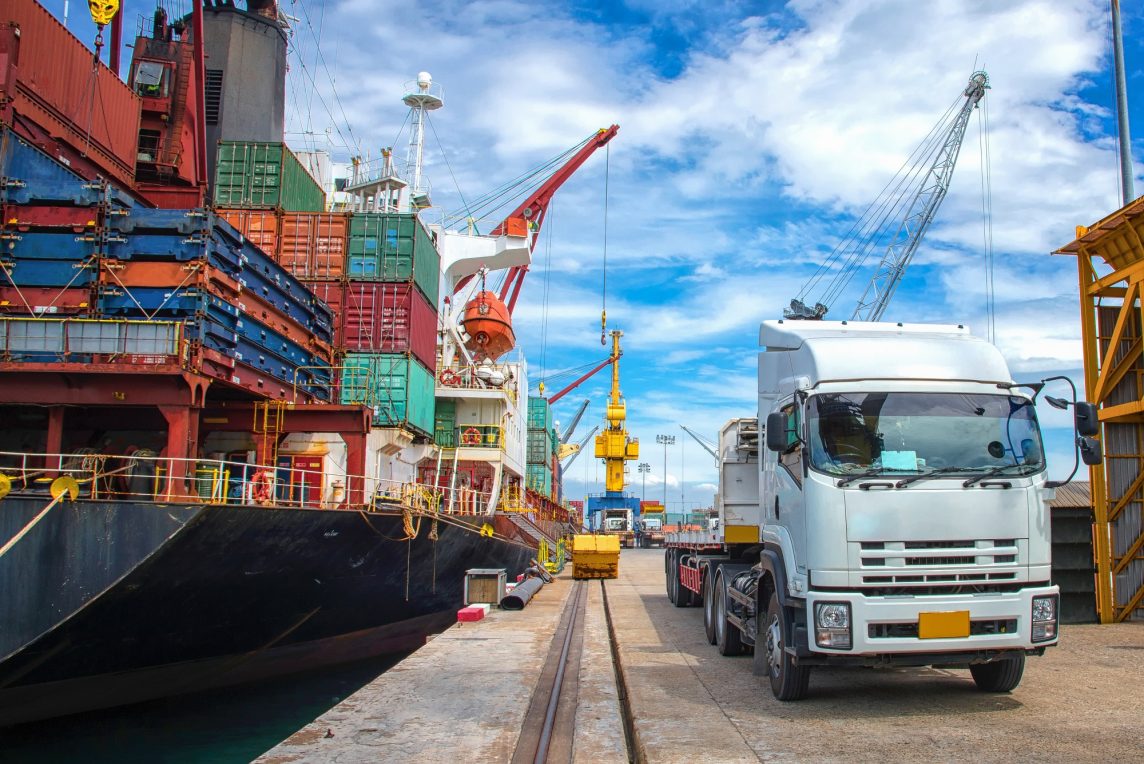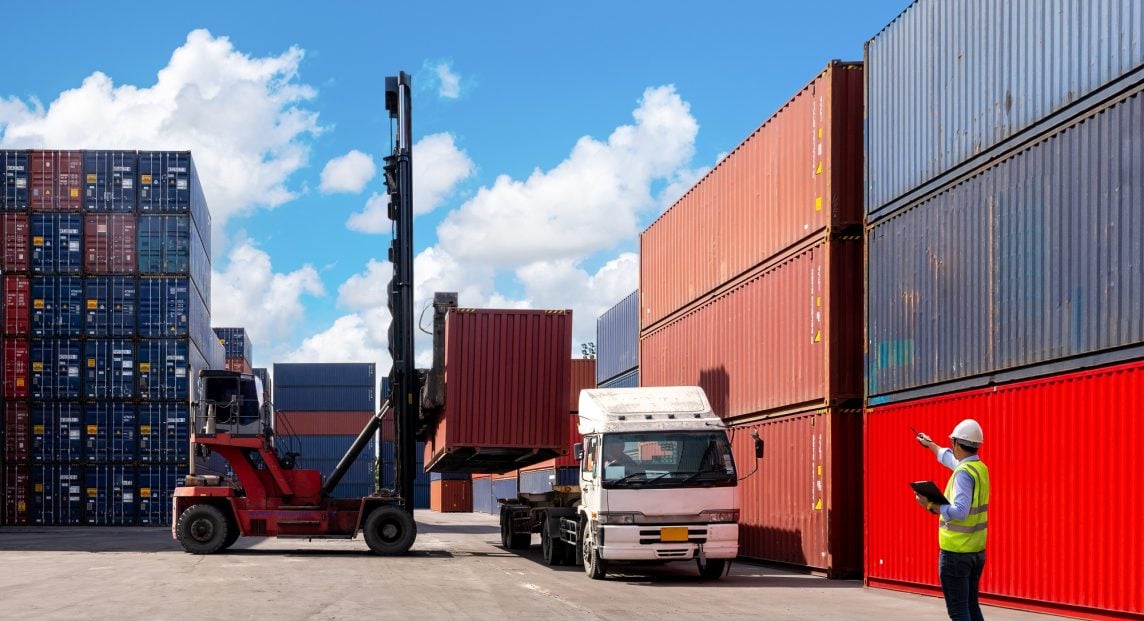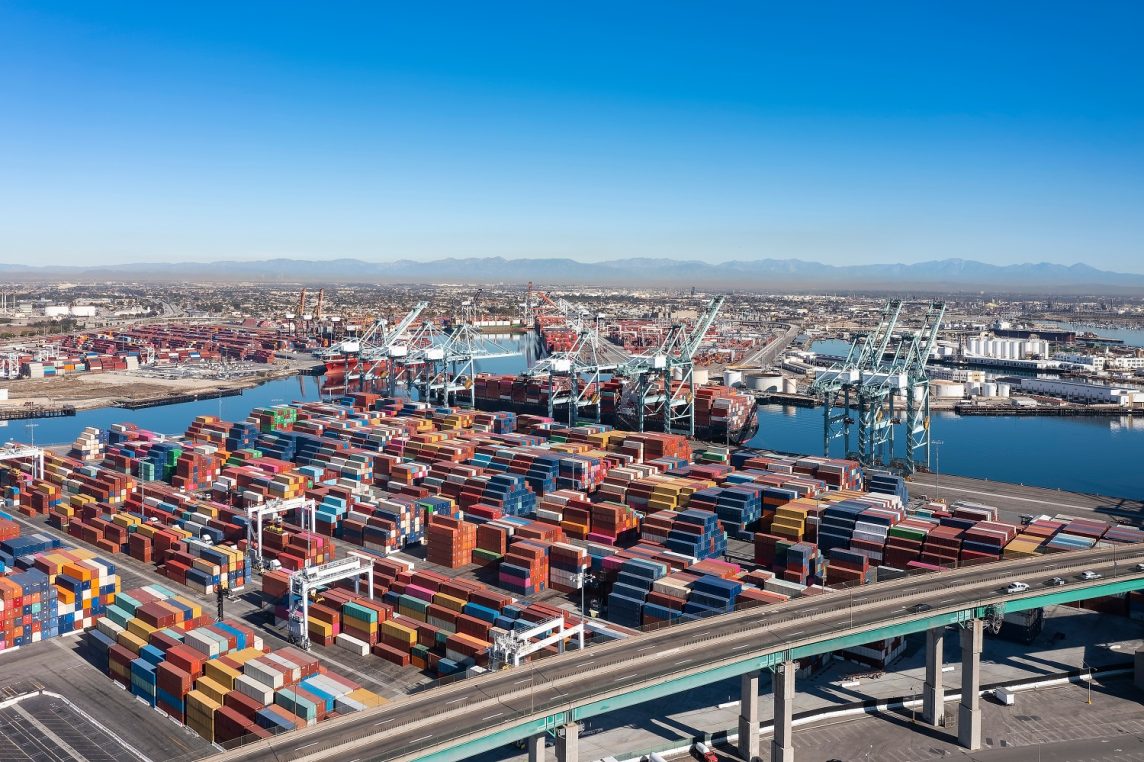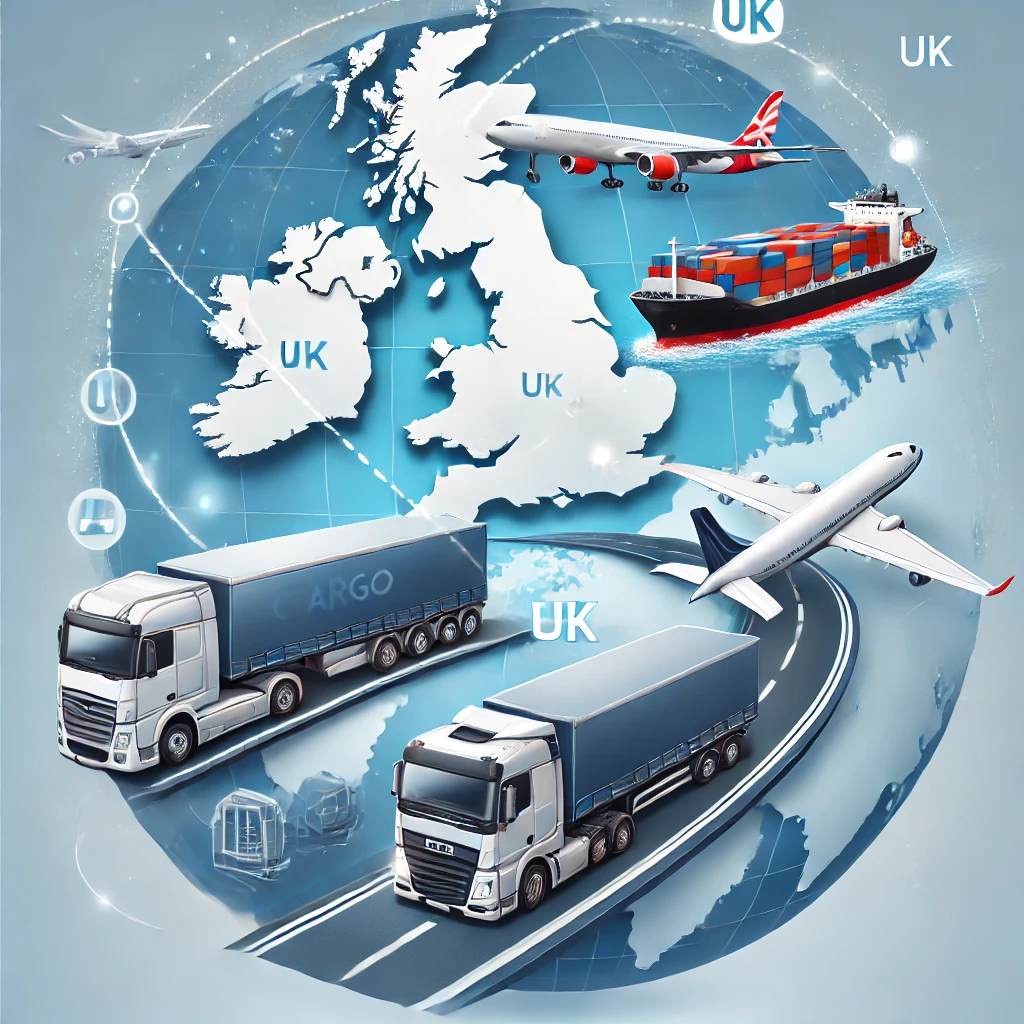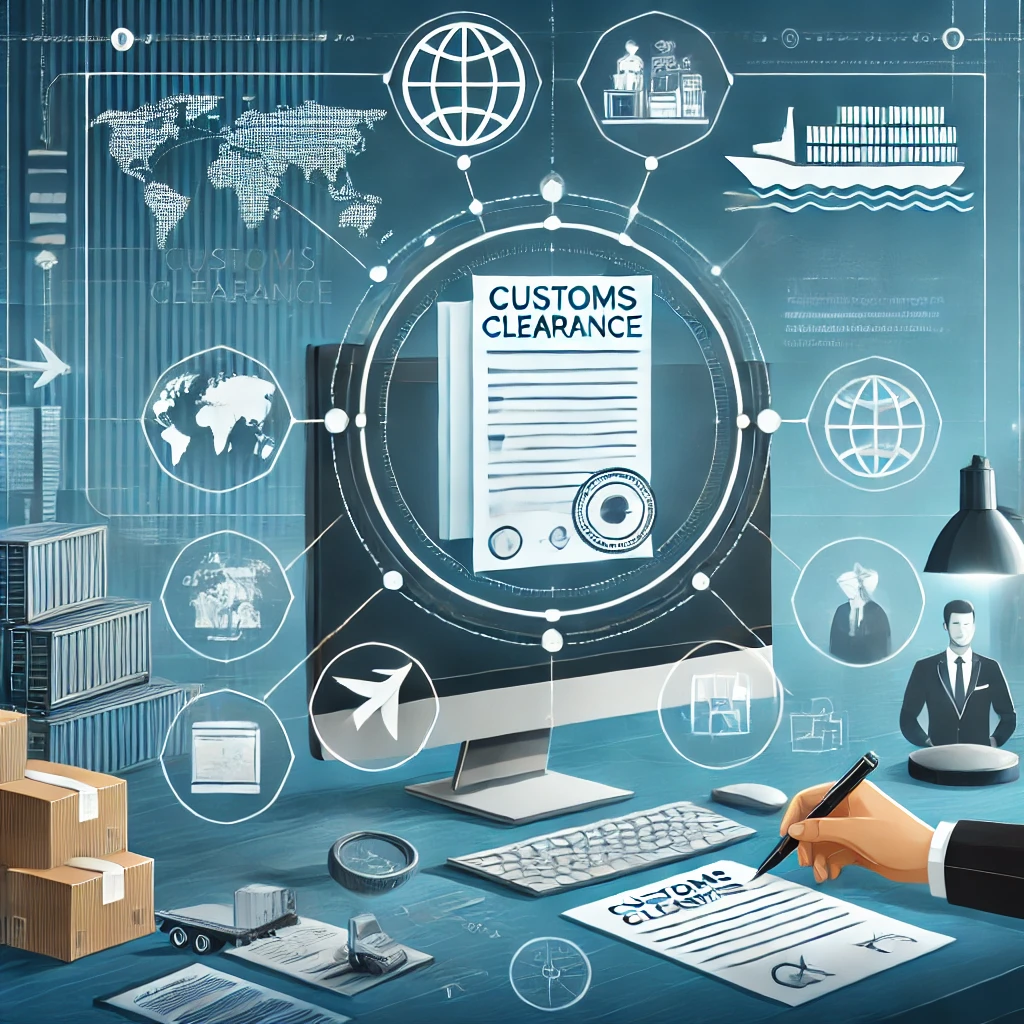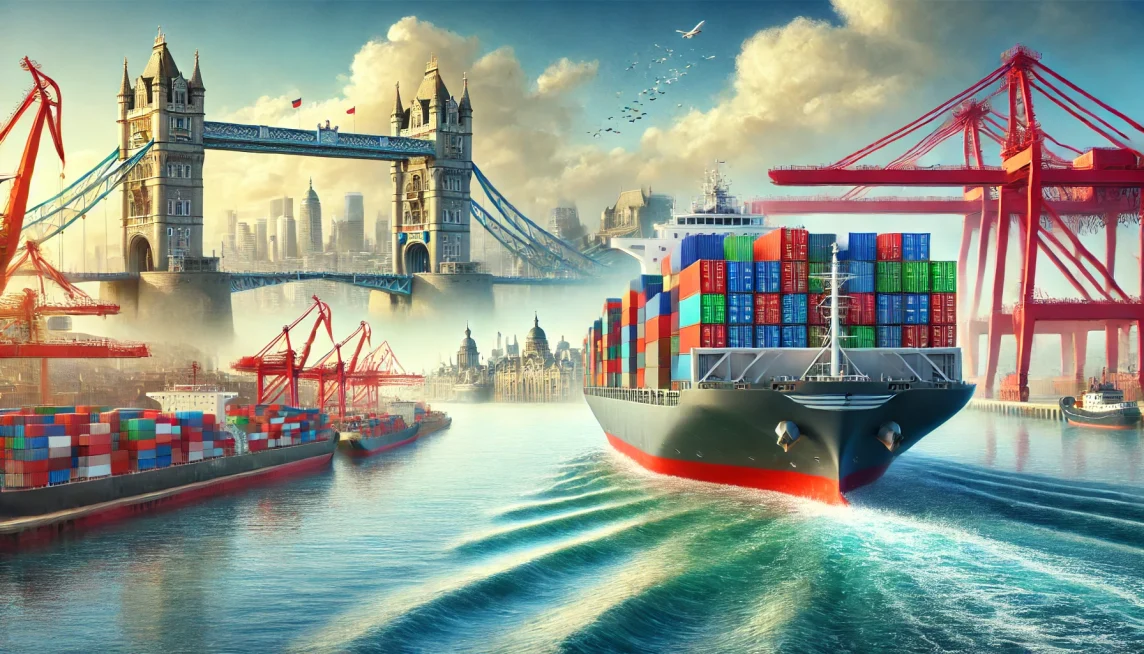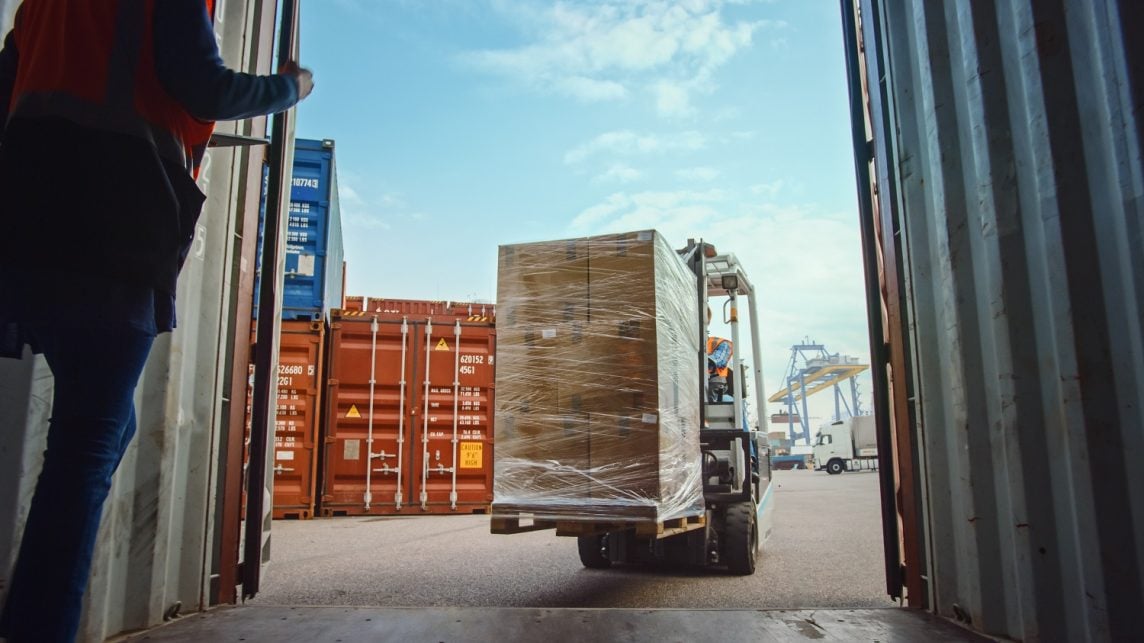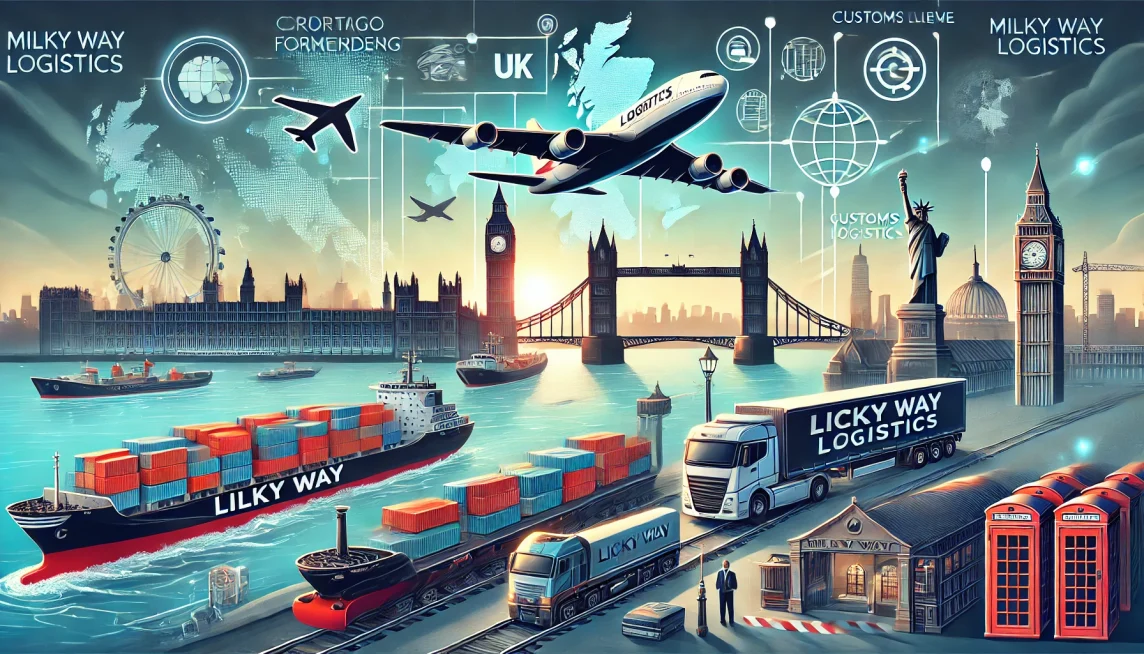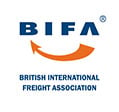Freight Forwarder Guide: Shipping from the UK to the US – Methods, Ports, Transit Times
When it comes to shipping from the UK to the US, choosing the right freight forwarder is crucial. A professional freight forwarding partner not only arranges transportation but also manages customs clearance, documentation, insurance, and ensures your shipment moves efficiently from origin to destination.
In this complete guide, we explain the available shipping options, major ports, average transit times, and why partnering with a freight forwarder is essential for seamless and cost-effective logistics.
Why Use a Freight Forwarder for Shipping from the UK to the US?
A freight forwarding partner acts as a logistics expert on your behalf, organising the movement of your goods across borders. Whether you are shipping commercial cargo, urgent deliveries, or small parcels, freight forwarders offers end-to-end solutions, saving you time, money, and avoiding costly mistakes.
Working with a reputable freight forwarding partner provides:
-
Expert Guidance: Recommending the best shipping method based on the nature and urgency of your shipment.
-
Customs Handling: Managing all customs documentation and formalities.
-
Global Network: Access to trusted carriers, shipping lines, and agents worldwide.
-
Cost Efficiency: Negotiating better rates and optimising logistics operations.
-
Full-Service Management: Overseeing transport, warehousing, insurance, and final delivery.
Main Shipping Methods from the UK to the US
A professional freight forwarding company will help you choose the most appropriate transport method based on your shipment’s requirements:
1. Sea Freight
Sea freight remains the most cost-effective method for transporting large volumes between the UK and the US.
-
FCL (Full Container Load): Suitable for large shipments occupying an entire container.
-
LCL (Less than Container Load): Ideal for smaller consignments sharing container space.
Freight forwarders handle all aspects of container bookings, consolidations, and shipping schedules.
-
Major UK Ports: Felixstowe, Southampton, London Gateway, Liverpool
-
Major US Ports: New York, Savannah, Los Angeles, Miami, Houston
-
Typical Transit Times:
-
East Coast: 10–14 days
-
West Coast: 25–30 days
-
Gulf Coast: 16–20 days
-
2. Air Freight
When speed is a priority, air freight offers the fastest transit times. Freight companies can arrange air transport tailored to your schedule and budget.
-
Main UK Airports: London Heathrow, Manchester, East Midlands
-
Main US Airports: JFK (New York), LAX (Los Angeles), MIA (Miami), ORD (Chicago)
-
Typical Transit Times:
-
Standard air freight: 2–5 days
-
Express services: 1–2 days
-
A freight forwarder also manages customs clearance for air shipments and coordinates express handling when necessary.
3. Courier Services
For smaller parcels, courier services offer a fast and convenient solution.
-
Top Providers: DHL, UPS, FedEx, TNT
-
Delivery Options: Economy (4–7 days) and Express (1–3 days)
A freight forwarder can help select the most reliable and cost-effective courier service depending on the nature of your goods.
Key UK to US Shipping Routes
| UK Origin | US Destination | Shipping Method | Transit Time |
|---|---|---|---|
| London (Felixstowe) | New York (Port) | Sea Freight (FCL/LCL) | 10–14 days |
| Liverpool | Houston (Port) | Sea Freight | 16–20 days |
| London Heathrow | JFK (New York) | Air Freight | 1–5 days |
| Manchester Airport | Miami International | Air Freight | 2–4 days |
| London Collection | Los Angeles Delivery | Express Courier | 1–3 days |
An experienced freight forwarder ensures your shipment travels the most efficient and reliable route possible.
How Freight Forwarders Simplifies Shipping from the UK to the US
Partnering with a freight forwarder brings a wide range of benefits:
-
Route Planning and Booking: Optimising cost, time, and service quality.
-
Insurance Arrangements: Protecting your goods against damage or loss.
-
Real-Time Tracking: Keeping you informed throughout the shipping journey.
-
Problem Solving: Quickly resolving customs issues, delays, or disruptions.
Without the assistance of a freight forwarder, managing international shipping logistics can become complicated and cost
Trust Freight Forwarders for Hassle-Free UK to US Shipping
Shipping from the UK to the US involves navigating complex logistics, choosing between sea, air, and courier services, and managing customs processes. A trusted freight forwarder ties all elements together, ensuring your cargo reaches its destination safely, efficiently, and on time.
For fast, secure, and professional shipping from the UK to the US, partnering with an experienced freight forwarder is your smartest decision. Whether you’re shipping pallets, personal effects, or commercial cargo, your freight forwarder ensures success at every step.

